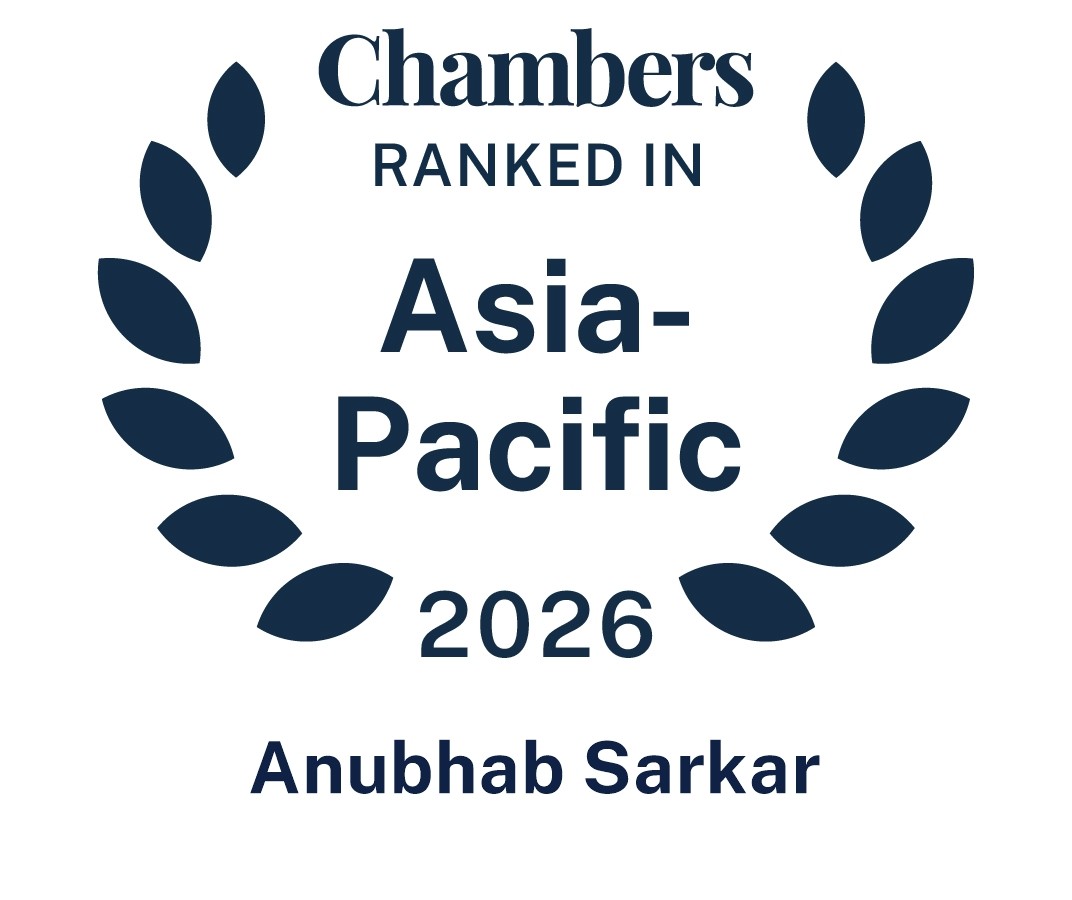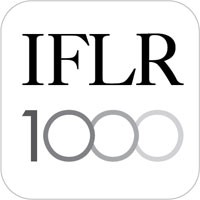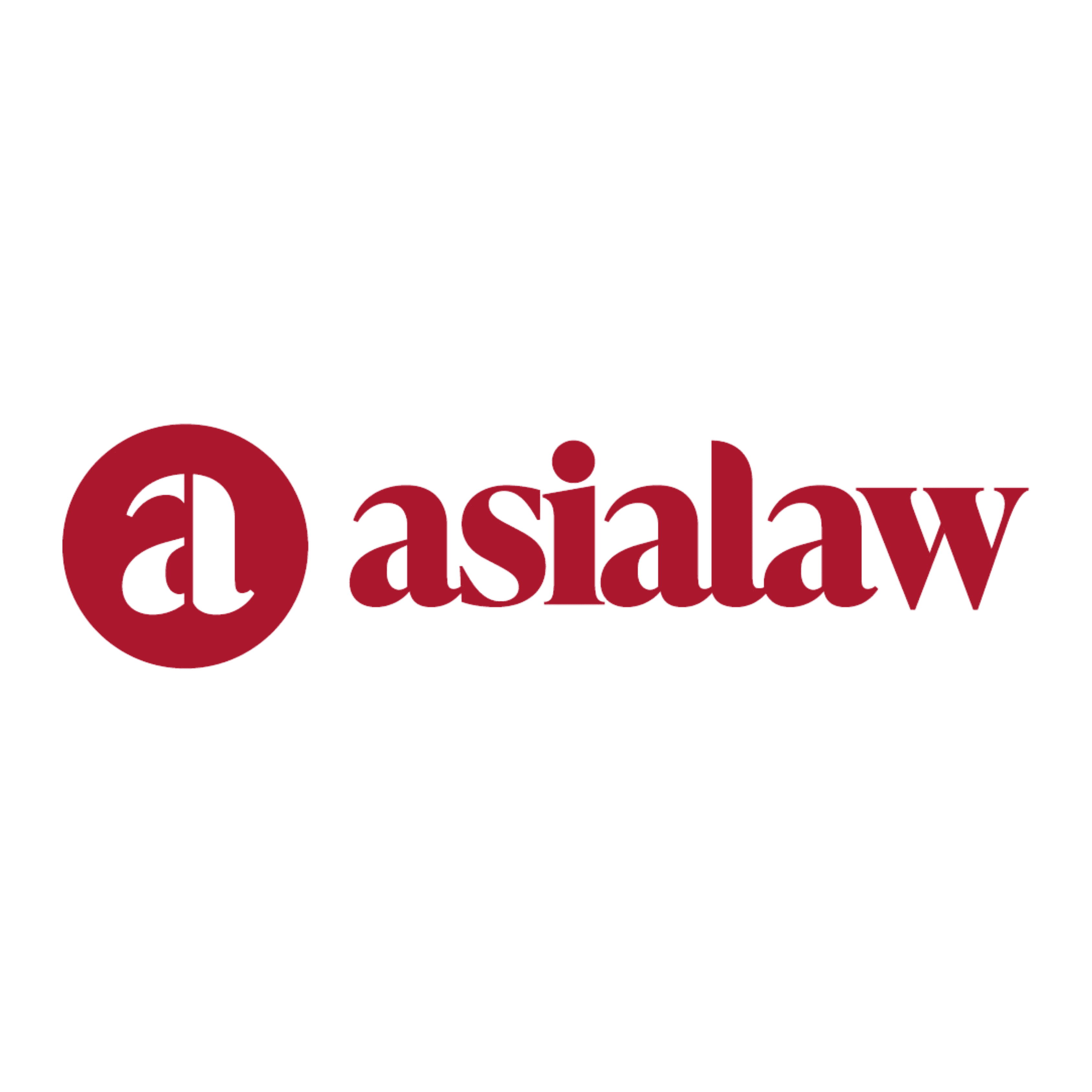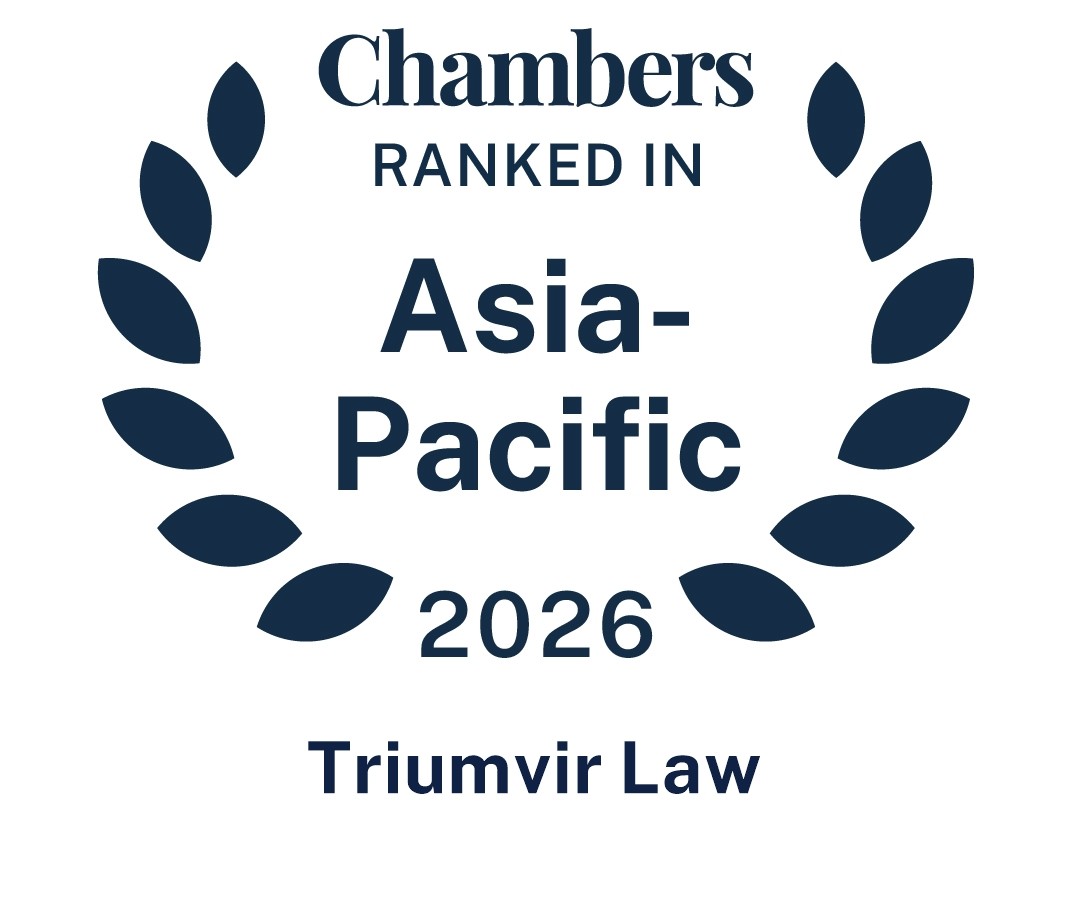

Forward-Thinking Legal Expertise in India
We are Triumvir Law. A boutique firm redefining the legal landscape with adaptability, innovation, and the highest standards of confidentiality.
What Sets Us Apart
Expertise & Specialization
Expert in Domestic & International Arbitration, BIT Arbitration & Cross-Border Litigation for customized legal solutions.
Adaptability & Innovation
We keep up with legal changes and innovations fto provide the best solutions for your needs
Strong Team
Our team consists of highly experienced individuals who are fully devoted to ensuring that your success is our number one priority.
ABOUT US
Navigating Complex
Legal Matters
Triumvir Law was founded on the pillars of hard work, honesty, and integrity. We are a specialized boutique firm that rejects "stuffy" legacy tropes in favor of open communication and tech-forward strategies.
Boutique Precision
High-touch, exclusive attention to every detail of your case.
Global Reach
Operating across 4 major hubs with international reach in BIT and Litigation.
Confidentiality
Upholding the highest standards of discretion and trust.
Our Expertise
Practice Areas
"They bring a level of energy and strategic foresight that is rare in the legal industry. Truly forward-thinking."
General Counsel, Tech Unicorn
Insights
Explore Our Legal Blog for In-Depth Analysis and Expert Knowledge

Foreign Exchange Management (Guarantees) Regulations, 2026: Principle-Based Regime and Compliance Updates

Analysis of the Joint Statement: Visit of the Prime Minister to the United Arab Emirates

Client Update: CENTRAL GOVERNMENT AMENDS THE FDI POLICY

Decoding ESOPs in Indian Private Companies

The Telecommunications Act: A Brief Overview of the New Regime

The Jurisprudence of Anti-Arbitration Injunctions in India
Deals

Triumvir Law represented Landcraft Group in the leasing of Salman Khan’s highly coveted commercial property on Bandra Linking Road, Mumbai

Triumvir Law represented Jodaro in successfully raising $750,000 in seed round funding from Fundamental VC and Maninder Gulati.

Triumvir Law facilitated the acquisition of the vegan dairy brand, One Good by the Superfood label, Nourish You India.

Triumvir Law Represents WLDD In Acquisition Of Credwise Solutions

Triumvir Law Represents Amber In Venture Debt Funding Round

Triumvir Law advised Joshua Tree Films India for the production of the show ‘Where Next?’ where they served as the line producer.
What Our
Clients Say
Podcast
Triumvir Legal Talks
Insightful conversations on the legal challenges shaping India's business landscape.
Episode 1 – Investment Arbitration in Transition: Academia, Practice & ISDS Reform
Prof. Dr. Eric De Brabandere
Episode 3 – India’s Ambition to Become a Global Arbitration Hub
Rishab Gupta, and Anubhab Sarkar, Managing Partner
Episode 2 – International Law at a Crossroads: Courts, States & the Global South
Prof. Dr. Pierre d’Argent
Episode 4 – Arbitration in Practice: Strategy, Structure & Global Perspectives
Rahul Donde, Anubhab Sarkar, Managing Partner























